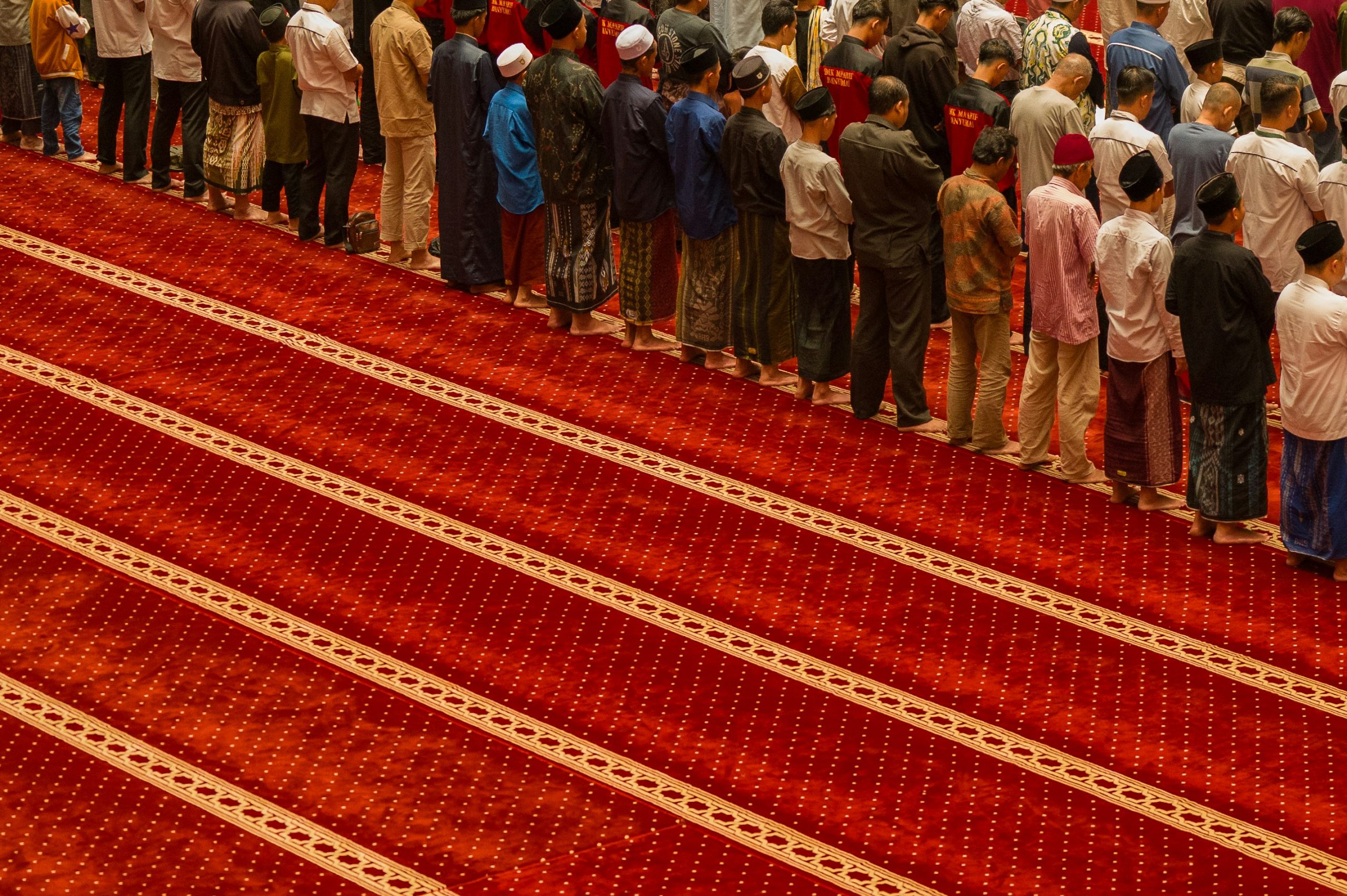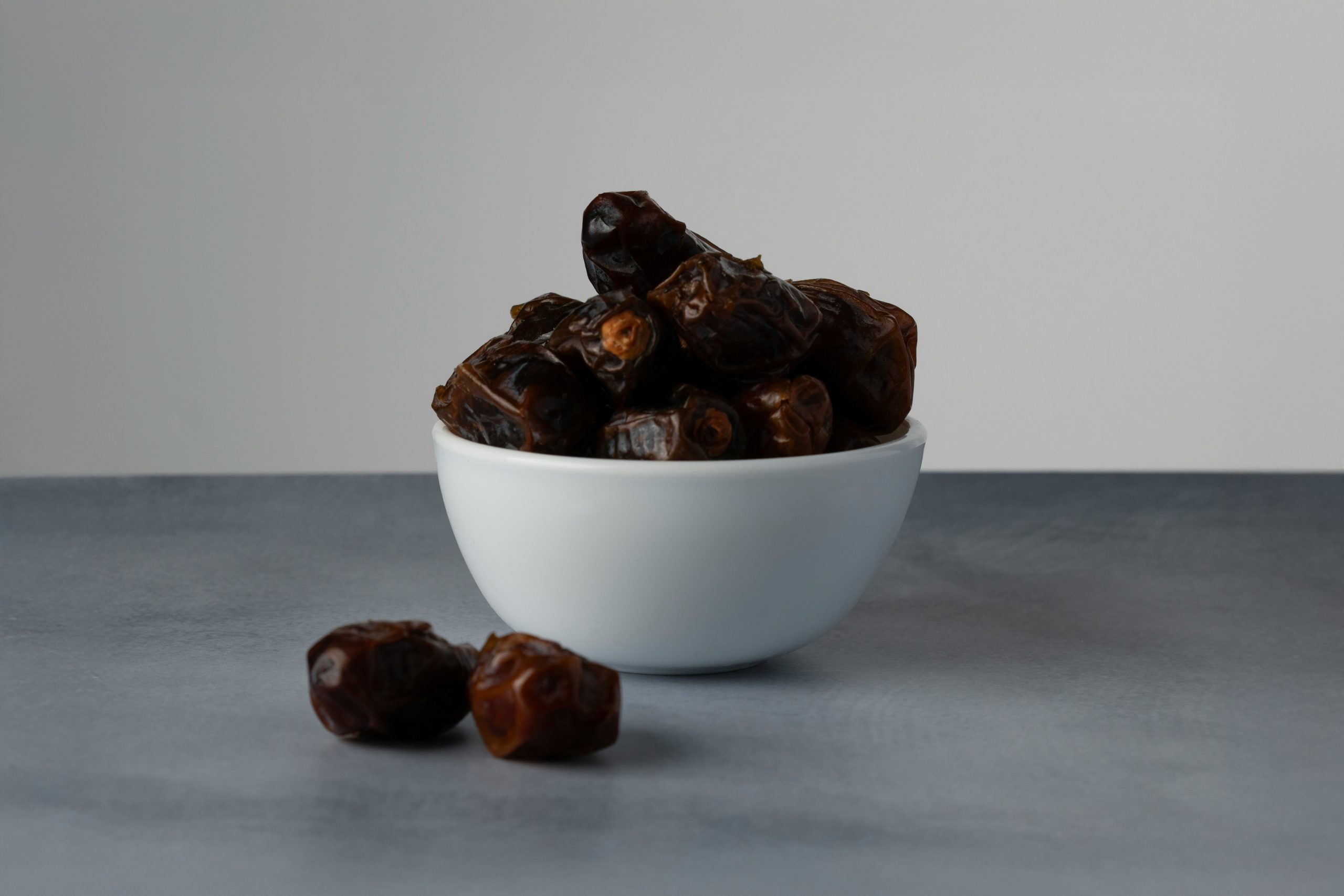2010: Looking back in anger

There’s a certain type of politician and political activist who is quick to take credit when his party wins, but will blame everyone but himself and his allies when they lose, and can be very inventive in doing so. In the aftermath of the 2015 election, when the Liberal Democrats lost many of their seats both in the affluent suburbs and the rural south-west where they were the major exception to the Labour/Tory two-party politics of the rest of England, the theory was put about that they lost so many seats because the public had been warned by the Tories of the danger of a Labour/SNP coalition in the event of a hung parliament (i.e. one with no party majority), anything but admit that their conduct during the coalition government had angered many of their former supporters and that many of the others actually wanted the promised referendum on EU membership. The other day, I came across an article on the previous election, in 2010, in which Labour lost power and were replaced by that Tory/Liberal coalition which implemented austerity measures so as to quickly pay back the debts the previous government had incurred while bailing out banks to ensure that people did not lose their savings, while also sneaking through some tax cuts so that a future Labour government could not reverse them. The blog article blamed the Guardian for endorsing the Lib Dems and the intellectual Left for voting for them instead of Labour.
A brief look at election maps of the 2010 and 2005 elections will show that Labour lost considerably more seats to the Tories than they did to the Lib Dems (though they did lose a few, such as Norwich South). In 2005 there was a swathe of red on the map running eastwards from north Wales to the Humber estuary, taking in all of the urban areas of Yorkshire and Lancashire; in 2010, there were two, smaller, separate red sections. The “Red Wall” had already started to fragment. Labour also lost a swathe of seats running southwards from the Pennines down to the Midlands, which we might call the “Red Column”, to the Tories as well as a number of seats in the Thames estuary and the large towns (as opposed to cities) of the south, the Midlands and East Anglia. The Lib Dems, although they increased their voter share by around 1%, actually lost five seats (this is an estimate, as electoral boundaries had changed). Labour’s vote in the north Midlands was reduced to just the urban areas, while the urban islands further south disappeared. This could not have been down to a Guardian editorial; the decision of the Sun newspaper to switch its support to the Tories would have been more significant, but there is no reflection on why Labour lost so much support in this part of the country.
Labour’s strategy in the late 90s was to target the same voters who had defected to Thatcher’s Tories in 1979 and after: lower-middle class or ‘C2’ voters, as well as voters in the Midlands and those from working-class backgrounds in places like Essex who had moved beyond the cities as their circumstances improved. The theory of the time was that for Labour, the classes above C2 (meaning the wealthy and salaried professionals, classes A to C1) will never vote Labour in large numbers while those below (D and E) always will, so need not be targeted. To target the working class was seen as electoral suicide; people who talked of it were perceived as Scargillites or dinosaurs. Blair’s government was influenced by the now disgraced (and always regarded with much suspicion) Peter Mandelson, who early on in the Blair government told Peter Hain, a minister of state in early Blair cabinets and a cabinet minister later, that the working class had nowhere else to go. A little over twenty years later, that same working class sent Boris Johnson back into Downing Street with a substantial majority. A major contributory factor may have been Blair’s decision to allow migration of workers from eastern Europe into the UK in 2004, when other EU countries did not, as was the norm when weaker economies joined the union. I have written about the effect this had on the labour market in the UK at the time and it was not as simple as “they’re taking our jobs”: a ready supply of migrant workers frees employers from having to invest in or take risks on local talent, and when many of them are not setting up homes here but living in rooms and sending money home, they will not demand wages appropriate for living and raising a family in the UK. Academics like to stick their fingers in their ears and talk of the “lump of labour fallacy”, but in a country with a labour market as loosely regulated as ours is, a buyer’s market does not favour the working class.
Blair won a landslide in 1997 and a respectable majority in 2001 on a pro-European and pro-Maastricht platform. Leaving the EU was lunatic fringe politics at that time; Labour had lost elections it fought on the pledge of leaving the EEC in the 1980s. By 2010, the Tories could gain the largest share of the vote and by 2015 a majority on the basis of a pledge for an EU referendum in their manifesto. As they were in coalition with the Lib Dems in the 2010 parliament, they could not deliver it as the Lib Dems were opposed; they finally did in 2016. The 2015 election and Labour’s performance is often judged as Miliband’s failure — either by running on an “old left” platform or being too indistinguishable from the Tories — but the 2016 referendum result shows otherwise: that was a Brexit election, and Tony Blair had lost it in 2004 before Ed Miliband ever ran for leadership. It is possible that, had the Tories won a majority in 2010 and held the referendum a few years earlier, maybe in the afterglow of the 2012 Olympics, the result would have gone the other way, but we can only speculate. The Lib Dems in coalition only postponed the inevitable as regards the EU referendum and did little to mitigate the Tories’ austerity drive.
The Blairite faction has a tendency to take the credit for Labour’s wins when they are in charge, but blame everyone else (and especially the Left) for the losses (if one of theirs loses, as with Gordon Brown and Ed Miliband, he will be accused of tacking too far left). They assume Blair won because he was Tony Blair, and because he alone knew what had to be done, and ignore the factors in his favour, particularly the constant scandals that afflict late-term Tory governments and the Tory vote being split with a hardline anti-Europe faction such as the Referendum Party, Brexit Party or Reform UK; they also ignore the fact that his actions led to a dramatic loss in the party’s fortunes in their third term which the new leadership failed to put right after Blair got out before his mess hit the fan. The 2005 result, where Labour won a majority off 35.2% of the popular vote, should have been a wake-up call, but it was not heeded and the party let Gordon Brown run unopposed for the leadership as if he had a right to it (when you point out that Blair won this election by the skin of his teeth, his fans simply counter “he won”). They are also as messianic and blind to their leaders’ faults as the Corbyn cult were to their leader’s: they mistake cowardice and meanness for wisdom and they trivialise major mistakes, even crimes: our involvement with the Iraq war in Blair’s case, the collusion in the Gaza genocide in Starmer’s. They expect lifelong Labour supporters to just accept this as the cost of winning. They expect whole sections of society to just accept getting shafted for the same reason, because they’re not as important as another group of people whose votes they need, whether it’s the old working class under Blair or Muslims under Starmer, and are shocked and angry when there is no acceptance.
There is also a tendency towards superstitious reasoning. This also affects Democrat supporters in the US. The previous two times a Labour party went into an election in government but with a different prime minister to the elected one, Labour lost, they say, so Labour should just get behind Starmer despite such things as the party’s persistent low opinion poll ratings, sometimes well below 20% with Reform UK polling over 30%. Labour have never actually ousted a sitting prime minister; Harold Wilson resigned of his own accord in 1976, and Blair in 2007 having stated in 2004 that he would not seek a fourth term, i.e. contest an election in 2009 or 2010. I heard the same reasoning from the late Victoria Brownworth, a Democrat-supporting journalist in the US, about whether Joe Biden should have stood down as candidate on account of his failing mental state during his presidency: the last time a Democratic president declined to stand for a second term (Lyndon Johnson in 1968), his successor lost, as did Kamala Harris, Biden’s vice-president who succeeded him as candidate. That’s two occasions each in each country. There just aren’t enough cases to establish a pattern; James Callaghan and Gordon Brown served three years each and failed to be re-elected for different reasons.
Labour are a year and a half into a five year term; they have all that time to give people a reason to vote Labour in 2029. Mid-term blues are not a new thing but Labour or the Tories continually scoring 21% or less definitely is. It could be that the Reform vote will tear itself apart come 2029 as Restore Britain absorbs much of the racist vote that previously went to Farage’s party, but that is not a risk Labour can take. Labour must understand that if they do not cater to people’s needs, Reform or Restore Britain will cater to their prejudices while their “thinking vote” will not show up if there is any alternative and sometimes even where there is none. There is a sense that we expect better of the Labour party: this sentiment was heard often during the antisemitism debate, and should be heard louder in any debate on the Government’s support for Israel during its genocide in Gaza and its repression towards those who oppose it here. We also do not vote Labour expecting swingeing cuts to disability benefits or special educational needs and disability (SEND) provision in schools. The prospect of a far-right government led by Nigel Farage, let alone Rupert Lowe, off 30% of the vote because of the legacy parties’ unpopularity is a dire one; the leaders will get by on law work, public speaking and think tanks, while ordinary people suffer. If Keir Starmer cannot take this on, he should step aside and leave the job to someone who can; if the party continues to perform poorly in local elections and by-elections, it must take the initiative before it is too late; if you go into the next election and poll the predicted 19% to Farage’s 30%, you will not have the Left or the Guardian to blame.

 doesn’t want the programmed version of you. He didn’t ask for a filtered, hollowed-out performance.
doesn’t want the programmed version of you. He didn’t ask for a filtered, hollowed-out performance.
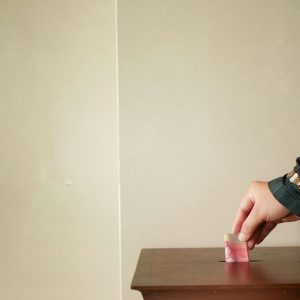

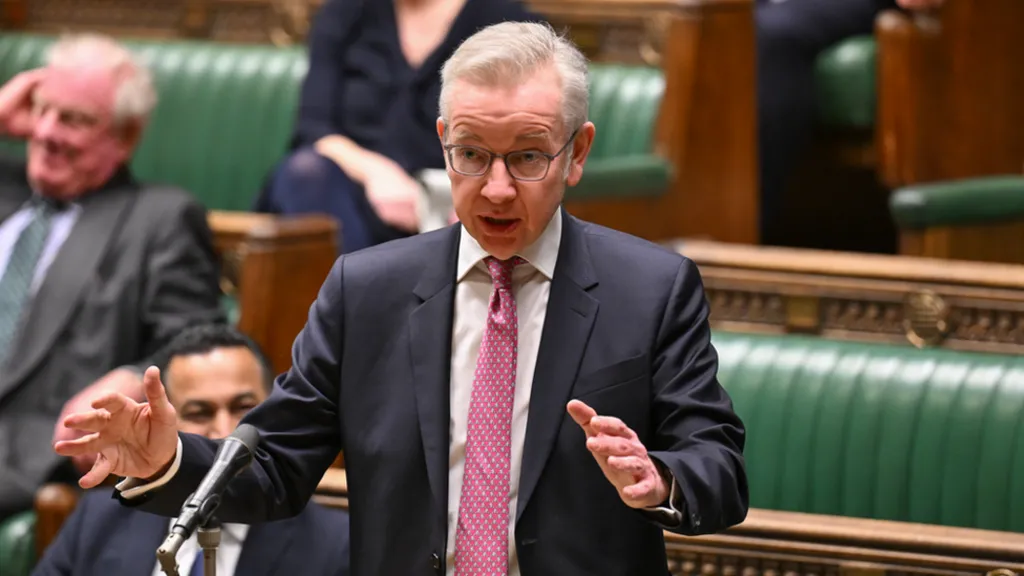
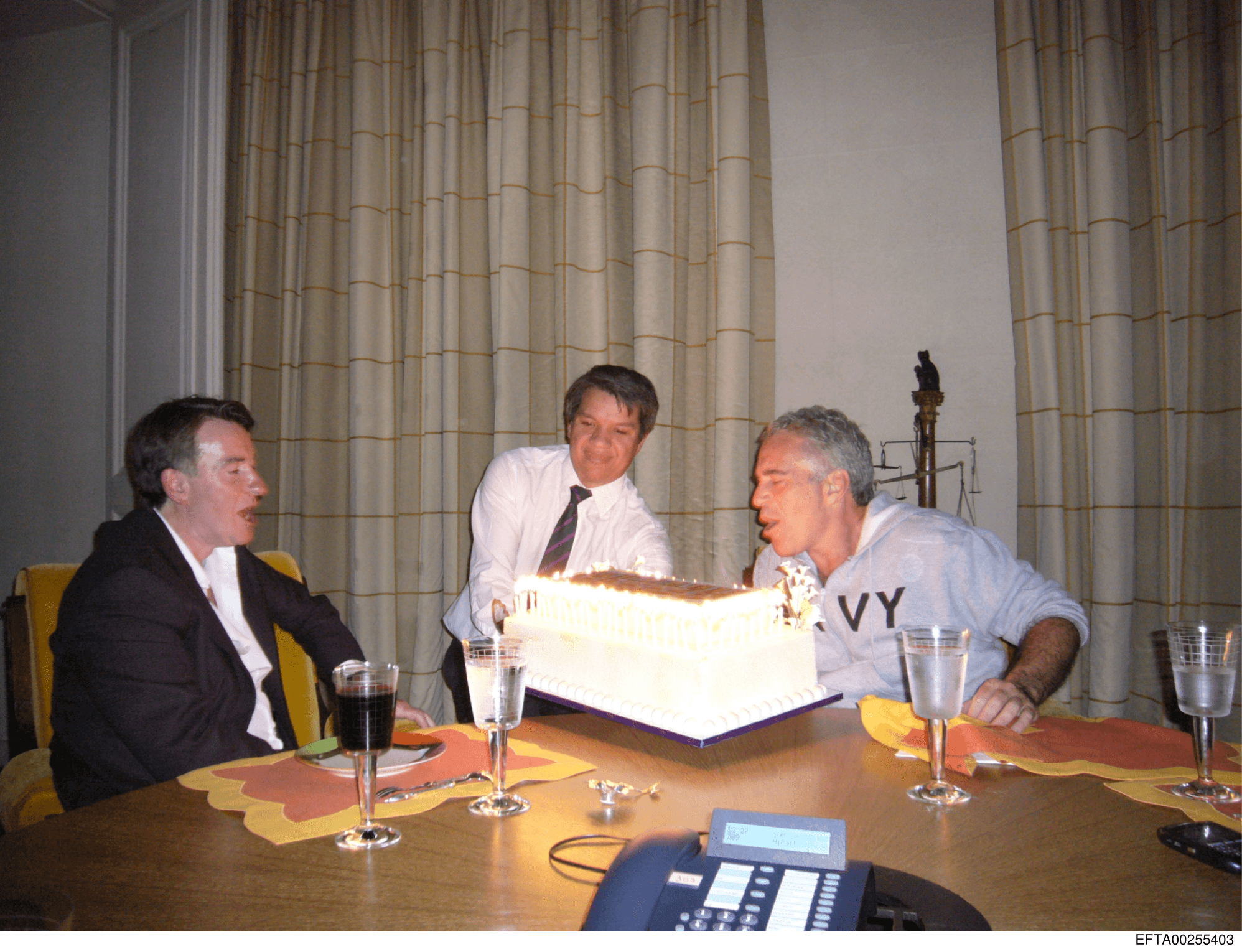


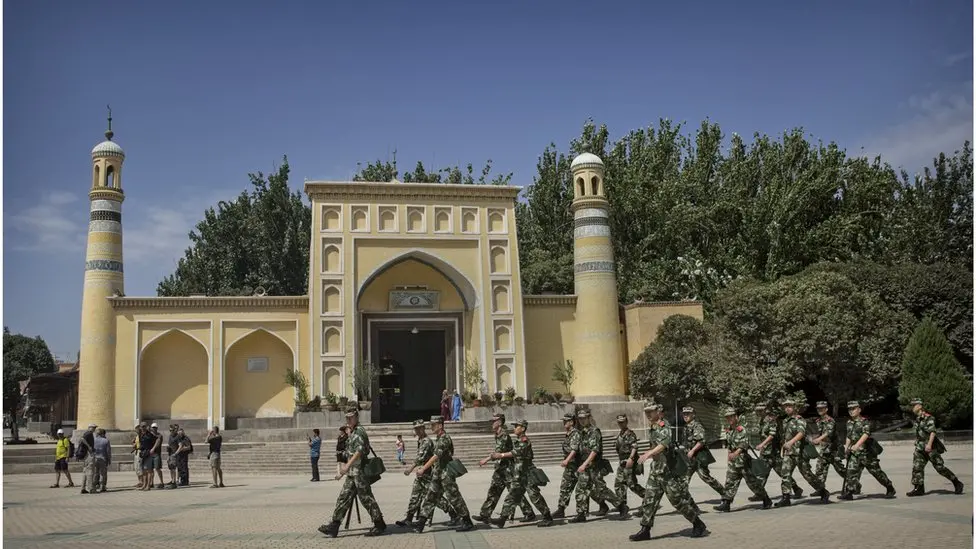 There is something else the Chinese authorities do, something the international community must hear.
There is something else the Chinese authorities do, something the international community must hear.